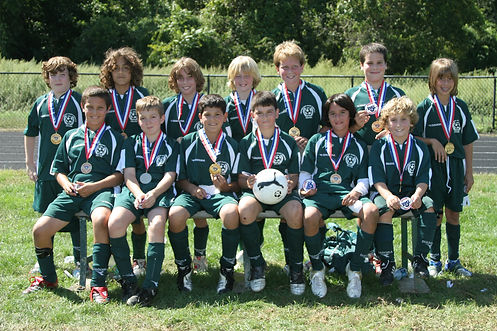
The Role of the Parent for the Players Goal
We need to identified several roles for the parent when it comes to goal setting and follow-through. What, specifically, is a parent supposed to do to help their child or teen stay on track and achieve their goals?
Be the cheerleader: Once a goal is set, whether or not a parent agrees with the goal, it’s now a parent’s job to help their child or teen achieve it. Parents should act as encouraging, positive forces in their child or teen’s life. Inquiries into the progress toward a goal should be positive and non-threatening. Convey a genuine interest in the athlete’s wellbeing and they will be more likely to open up.
Be the facilitator: Athletes need help expressing their needs and sticking to a schedule sometimes. Parents can help with this by scheduling regular check in meetings and following up with athletes. Parents can facilitate the athlete’s progress by ensuring that they have access to the facilities and equipment they need and that they are maintaining their non-sport commitments.
Be the voice of reason. When an athlete is setting goals initially, a parent’s voice of reason can be very helpful. A parent usually knows what their child or teen is capable of achieving and can gently steer them toward a reasonable, achievable goal.
Be a pillar of support: Parents should support every healthy goal. The second an athlete suspects that their parent doesn’t think they can do something, they lose faith in the relationship and will begin to shut down. They might question themselves or become defensive toward the parent. Therefore, after trying to help the athlete set a good goal, the parent’s job becomes supporting the athlete.